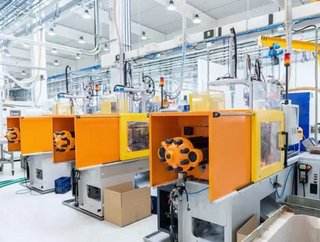The robotics trends of 2018, according to Tharsus

The UK-based autonomous robot manufacturer, Tharsus, has released a report predicting the future for robotics for the rest of the year.
The manufacturer states that there is to be an increase in the use of collaborative robots (co-bots), due to advancements and lower prices of artificial intelligence (AI) and motion-sensing technologies.
Because of such advances, co-bots are becoming extensively smarter, making more efficient and capable of working with humans.
The robots can be easily trained for new tasks due to their machine learning, as well as being deployable to other working environments and being able to sense additional human presence to avoid collisions.
Tharsus also claims that 2018 is the year for artificial intelligence integration, as robots that’s that feature AI are becoming increasingly adopted by businesses for their time efficiency, especially for customer queries.
Mobile autonomy is also predicted to be heavily used in the coming year, with the technology already very frequently used in autonomous cars.
SEE ALSO:
-
Collaborative robotics increased Paradigm Electronics’ throughput by 50%
-
Luxury fashion brands turning to technology to increase manufacturing speeds
With the development of mobile robots, the complex technology is capable of undergoing impressive, challenging tasks.
These capabilities include environment perception, localisation, mapping, and motion planning, and are helpful or warehouses, airports, and hospitals.
The technology is anticipated to grow at an annual rate of 70% by the year 2020.
The firm expects cloud robotics to grow in 2018, with IDC claiming that the 60% of all robotics will depend on cloud software by 2020.
With other technologies relying on cloud software for storage, less processing power, pre-programmed information, powerful computers, and batteries will be required.
The result: lighter, cheaper, and smarter robotics.
Finally, Tharsus believe that Robotics as a Service (RaaS) will become a popular business model.
The multi-billion-dollar industry offers adaptable robotic solutions for rent and therefor provides a solution for compnies avoiding large capital investments in robotics.






